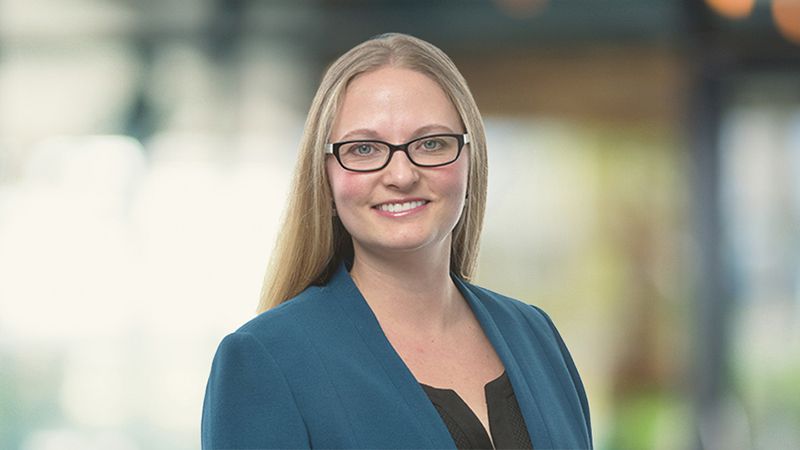A few years ago, I did a presentation suggesting that the sustainable investing and the ESG ‘industry’ was in its awkward teenage years. We were showing the classic growing pains of a teenager.
The acceleration of new product development was our expression of risk taking and boundary testing, typical of a teen. And the response – a proliferation of new rules and regulations from the authorities – was the parents setting out curfews and reminding us of our responsibilities; grounding those who continued to misbehave.
See also: New Beginnings with RLAM’s Hamilton Claxton: Industry at risk of trying to do too much too soon
Thankfully, teenagers grow up, and I’d say we’ve now entered ‘young adulthood’. This comes with a greater confidence and self-assurance. We know finance can be a force for good. The evidence is on our side, and we know if we don’t act now to address some of the most pressing environmental and social issues we will collectively be much worse off in the long-run. We also have the energy and the influence to try and help fix it.
The enthusiasm is infectious. But of course, life has a way of making sure we don’t get too confident as young adults. So, this newfound self-assurance is mixed with bouts of malaise (we are all doomed!), insecurity (I have no idea what I’m doing!), and frustration (can’t we go faster or do it better?).
With greater maturity, we also now recognise the world is complex. Teenagers see things in black and white, while young adults start to recognise the world operates in many shades of grey – or maybe in our case ‘green’. Most of us know that nothing in sustainability is purely ‘good’ or ‘bad’. Any investment decision we make, no matter how green or socially responsible, will still have some sort of negative impact somewhere. That is the nature of trying to grow a world economy on a finite planet. And so, we spend our days trying to tip the balance by making the best decisions possible to maximise the ‘good’ and minimise the ‘bad’.
We also have more responsibility. Our collective desire to try and do the right thing for the planet and its people is no longer a good enough justification for our existence. We need a risk register, a control framework and an evidence log. We need business plans and budgets. We need to think of our legal responsibilities and respond to regulatory interventions. I have spent more time with our compliance, risk and control, and internal audit functions in the last two years than I had spent in the previous 16. It’s a good (and necessary) thing, but I can confidently say this new responsibility comes as a bit of a shock to many passionate sustainability professionals who just want finance to help save the planet.
However, the benefit of entering this new phase is that we are on an accelerated learning curve. Like every other young adult, we are often doing things for the first time, and we are learning new skills at a rapid pace. We are learning to write prospectus language to explain complex sustainability concepts more clearly to end customers. We are developing new products in those ‘grey’ areas, such as ‘transition’ and ‘improvers’ funds. We are learning to scrutinise sustainability data and make it better. And we are better equipped to tell our boards and senior management all the compelling reasons why ESG is not dead, it’s just evolving.
So, what is in store for us during this young adulthood? I personally quite liked my 20s. I was hungry and demanding, I felt like I could take on the world and win. And I had a great group of people around me, cheering me on when I was winning, or picking me up when I stumbled. Yes, we’ll have set-backs (anti-ESG movement), headaches (no more SFDR Annexes please!), and frustrations (1.8 degrees and counting). But we should be thankful, at least we aren’t awkward teenagers anymore!








